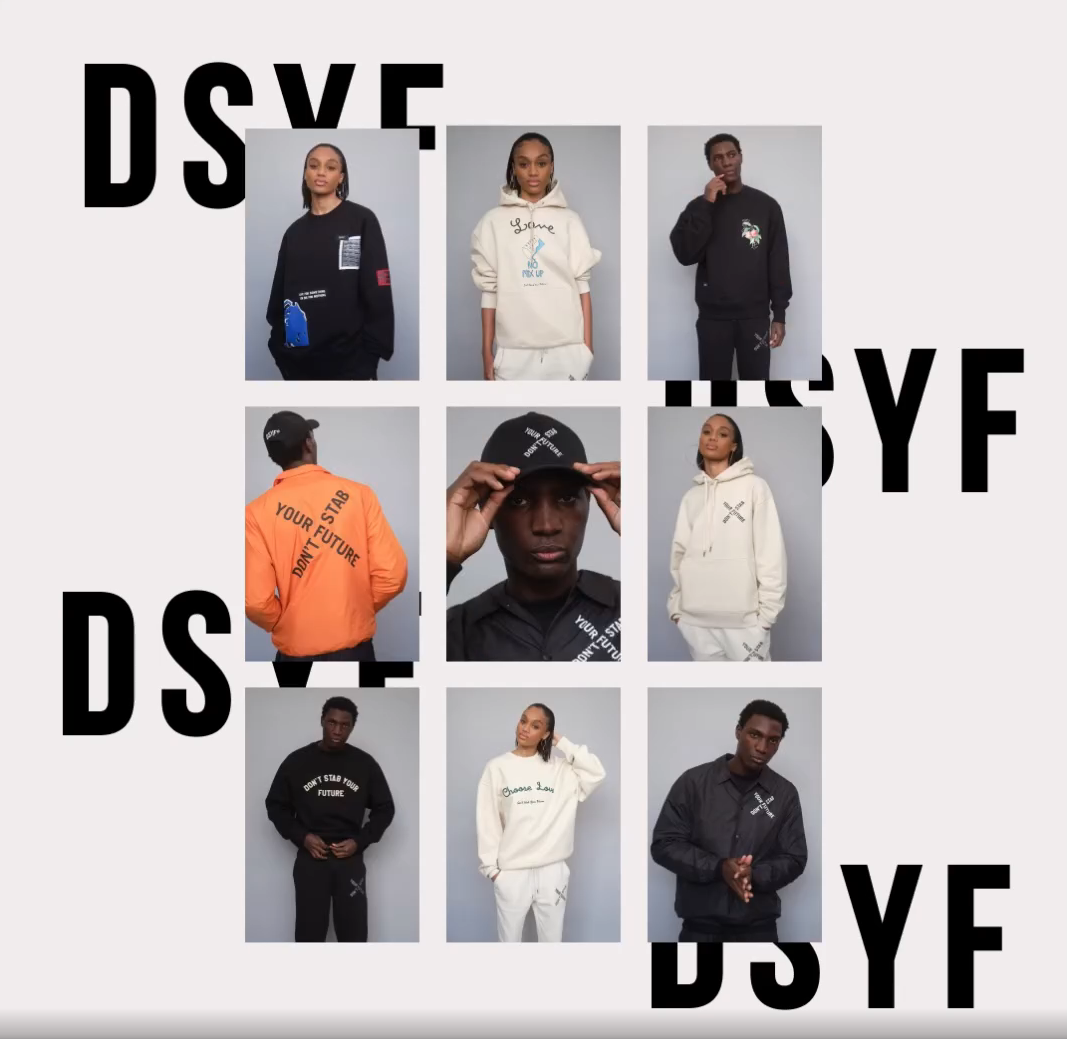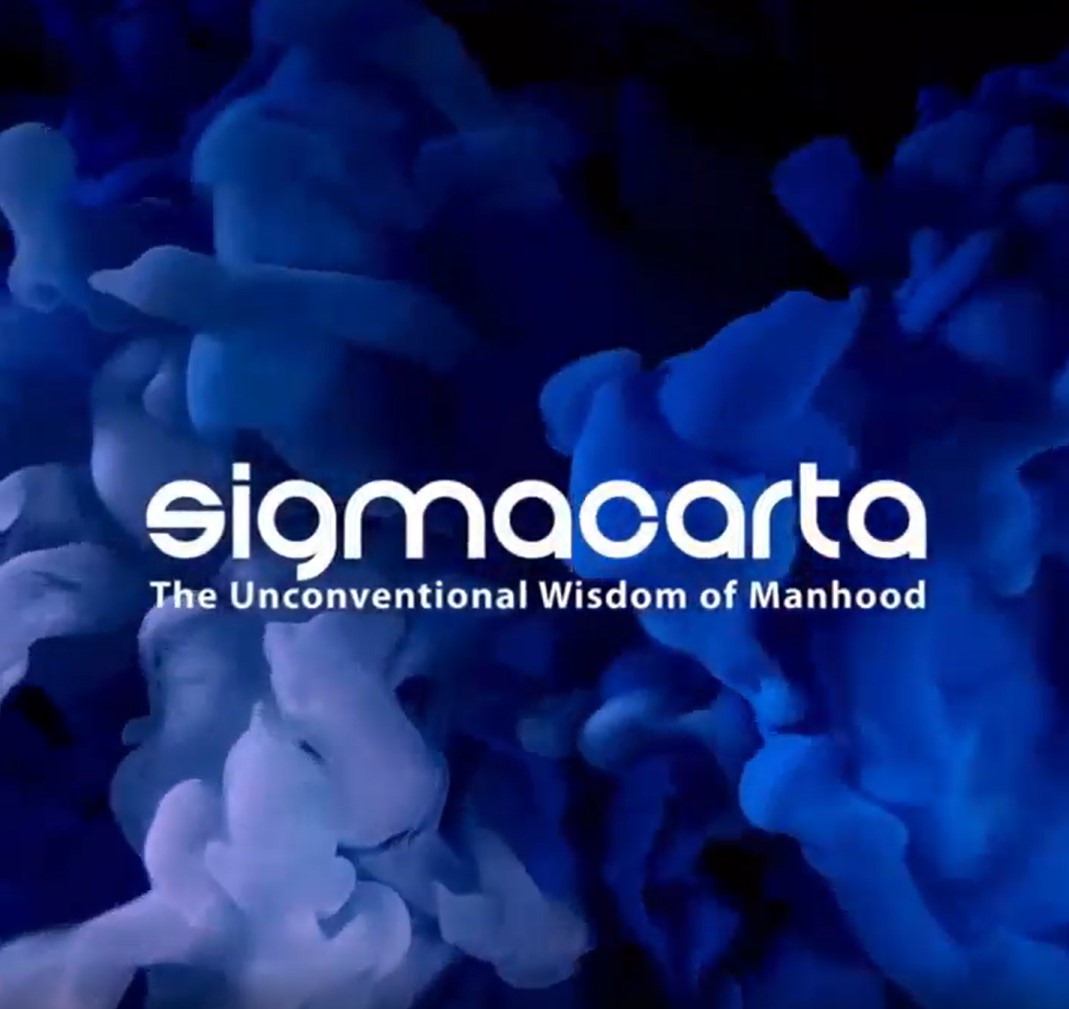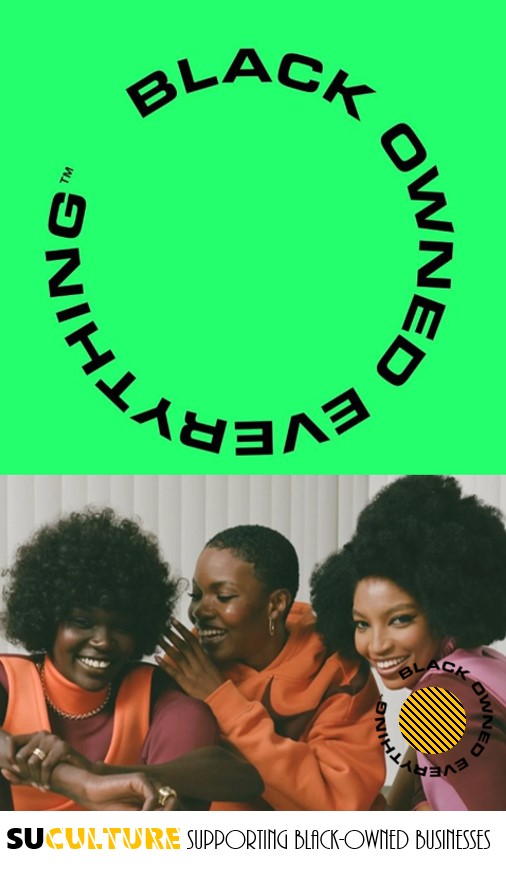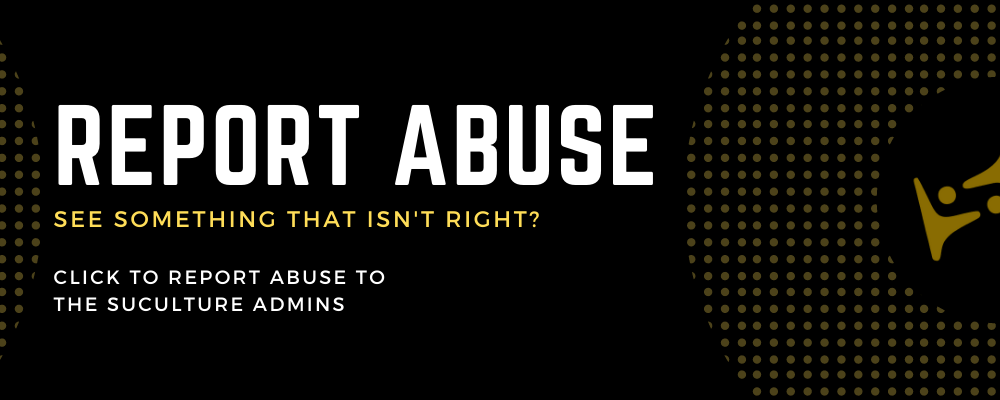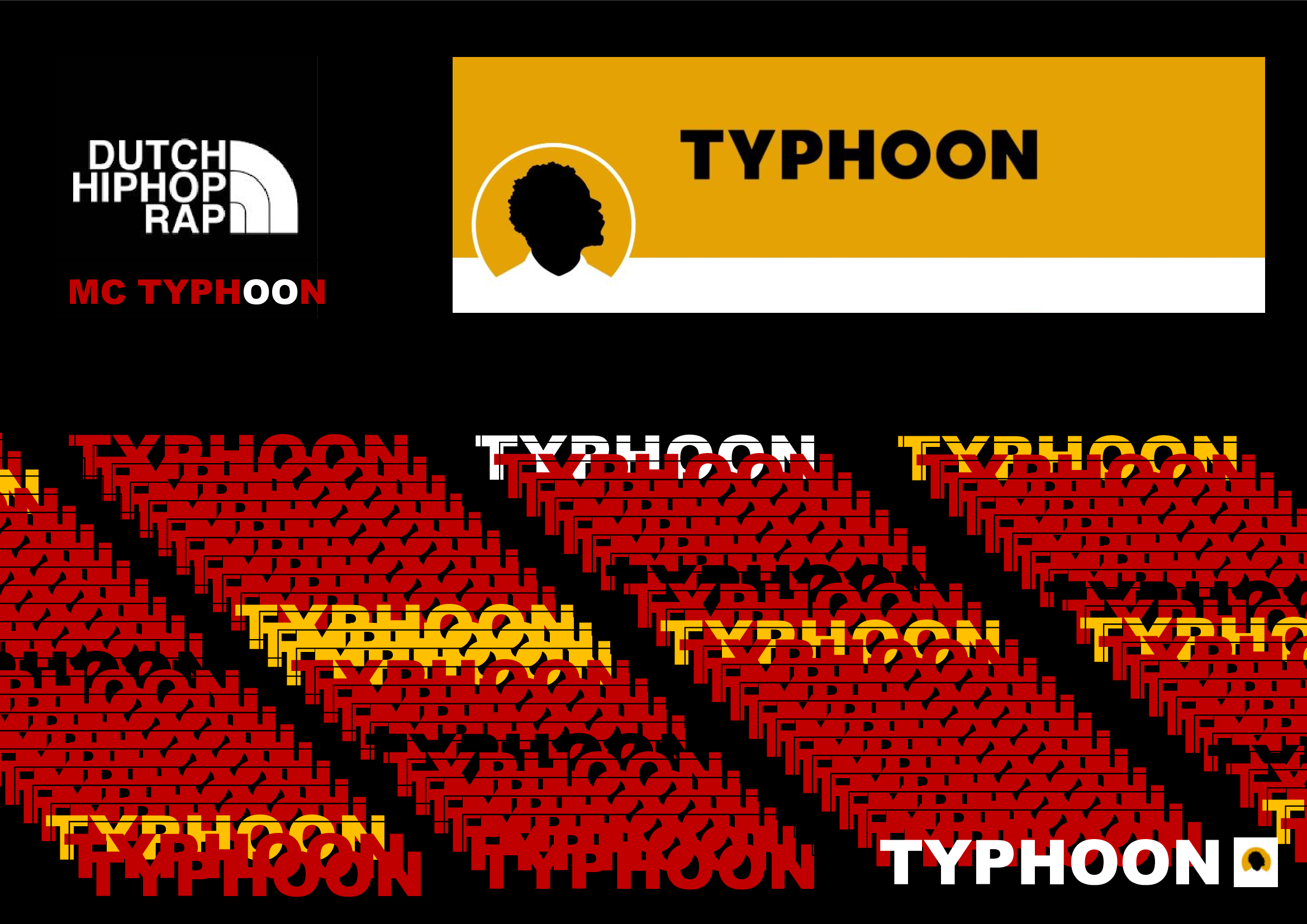-
AuteurBerichten
-
-
Exploring Systemic
Racism and
Financial Inequity
in Hollywood:
Insights from
Djimon Hounsou:
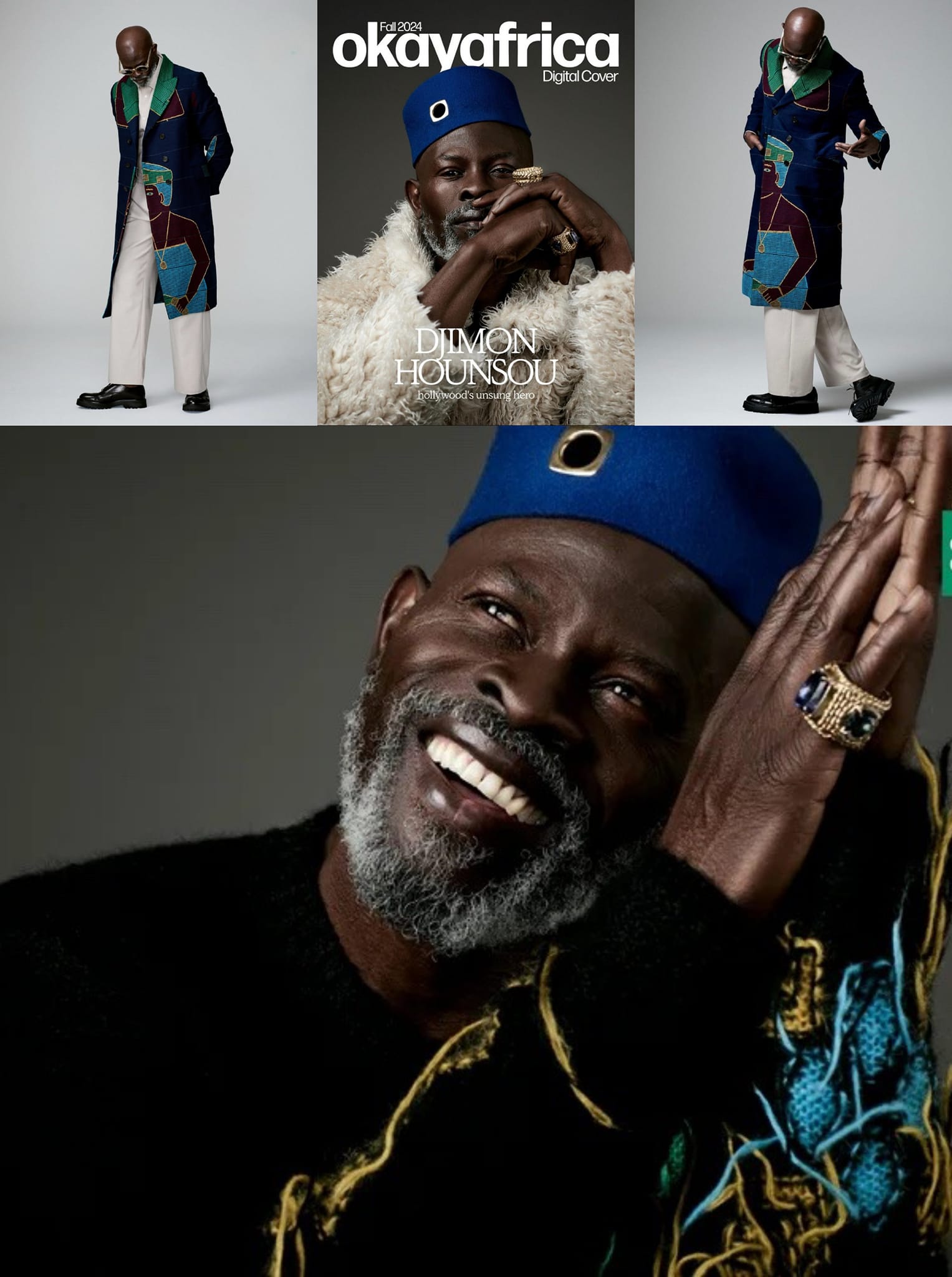
Djimon Hounsou, the Beninese-American actor whose unforgettable performances have graced blockbuster films such as Gladiator En Blood Diamond, has recently opened up about his financial struggles and the pervasive racism he has faced in Hollywood. Speaking on African Voices Changemakers, Hounsou provided a candid and sobering account of his experience in an industry that, despite its surface-level celebration of diversity, remains marred by systemic inequities.
A Legacy of Achievement Amid Financial Struggles
Hounsou’s career spans over two decades and includes two Academy Award nominations, accolades that most actors only dream of achieving. Yet, his financial reality starkly contrasts with his accomplishments. “I’m still struggling to make a living,” Hounsou confessed, adding that he is “definitely underpaid.”
Such revelations raise critical questions about how Hollywood compensates its actors, particularly those from minority backgrounds. Despite the global success of the films he has been a part of, Hounsou’s experience suggests a troubling disparity in the distribution of financial rewards, particularly for Black actors.
This inequity underscores broader issues of value and recognition in Hollywood. As an industry that prides itself on storytelling, the question remains: whose stories are deemed profitable, and who is fairly compensated for their contributions to these narratives?
Racism and Recognition in Hollywood
Hounsou’s reflections also highlight the persistent racism within Hollywood, particularly in how success is acknowledged. He recounted being overlooked for an Academy Award nomination for his performance in Blood Diamond, despite receiving a Golden Globe nomination. According to Hounsou, this snub reflected a deeper prejudice.
“I was nominated for the Golden Globe, but they ignored me for the Oscars because they thought that I had just come off the boat and the streets,” Hounsou revealed, describing a perception that diminished his artistic achievements and heritage. This prejudice reflects a larger pattern within the entertainment industry, where actors of African descent often face hurdles in achieving recognition commensurate with their talent.
Hounsou’s experiences suggest that even as Hollywood champions narratives of diversity, systemic barriers remain. The selective acknowledgment of his talent exemplifies a broader reluctance to fully integrate African voices and stories into the mainstream.
The Illusion of Diversity
The industry’s efforts toward diversity and inclusion, while laudable, often fall short of addressing systemic inequities. “This conceptual idea of diversity still has a long way to go,” Hounsou remarked. “Systemic racism won’t change like that anytime soon.”
His words reflect the gap between Hollywood’s performative gestures toward inclusion and the deeper structural changes needed to create an equitable industry. True diversity entails not only representation on screen but also fair treatment, pay equity, and acknowledgment of talent behind the scenes.
Implications for Hollywood’s Future
Hounsou’s revelations highlight a crucial juncture for Hollywood: the need to move beyond tokenism and implement systemic reforms that address both financial and racial inequities. For Black actors and other marginalized groups, this means fighting for fair contracts, equitable recognition, and an industry culture that values their contributions as more than symbolic gestures of inclusion.
As an actor whose career epitomizes resilience and artistic excellence, Hounsou’s story serves as both a critique of Hollywood’s shortcomings and a call to action. His experiences remind us that the road to true inclusivity is long and arduous, requiring sustained effort from industry leaders, creators, and audiences alike.
In amplifying voices like Hounsou’s, Hollywood has an opportunity to confront its systemic biases and foster a culture that celebrates diversity in its truest form—one where all stories, talents, and perspectives are valued equally.
-
Djimon Hounsou’s candid discussion of his financial struggles and experiences with systemic racism in Hollywood reveals uncomfortable truths about an industry that frequently touts its progressiveness but often fails to reflect those ideals in practice.
Hollywood’s compensation structures often favor those who fit into its narrow definitions of marketable talent, with actors from marginalized backgrounds frequently relegated to secondary positions both on-screen and at the negotiation table.
It is worth considering how the industry’s gatekeeping practices intersect with race and privilege. While blockbuster films featuring Hounsou have grossed billions globally, the wealth generated rarely trickles down equitably. This highlights the need for transparency and reform in contract negotiations to ensure that compensation reflects the value that actors like Hounsou bring to the screen.
Charlotte.
-
Agreed!
The under-recognition of Hounsou’s talent, as evidenced by the Academy’s oversight of his performance in Blood Diamond, underscores the biases that shape award nominations. His comment about being perceived as “just off the boat” reveals an insidious form of racism that dismisses African actors as outsiders, regardless of their skill or achievements.
Hollywood’s reluctance to embrace African talent fully stems not just from ignorance but from entrenched power dynamics that prioritize Eurocentric narratives. This bias not only limits opportunities for African actors but also deprives global audiences of authentic representations of African stories.
-
Hounsou’s critique of Hollywood’s “conceptual idea of diversity” is particularly poignant, and hould inspire both introspection and action within Hollywood.
Agreeably Hollywood’s ‘performative diversity’ often amount to tokenism rather than meaningful inclusion. True diversity requires addressing the structures that exclude and marginalize; whether through unequal pay, limited opportunities, or biased recognition systems.
This is indeed a ‘call to action’ for industry leaders to take concrete steps to dismantle systemic barriers by:
- Ensuring Pay Equity: Implementing transparent pay scales that account for an actor’s contributions rather than their perceived market value.
- Reforming Award Practices: Establishing fair and inclusive nomination processes that recognize talent across all racial and cultural backgrounds.
- Empowering Marginalized Voices: Promoting African and other underrepresented creators in key decision-making roles to shift the narrative and broaden representation.
For audiences, supporting diverse content and advocating for equity within entertainment is equally important.
By amplifying stories like Hounsou’s, we hold Hollywood accountable and push it toward becoming the inclusive, equitable industry it aspires to be.
Hounsou’s reflections remind us that change is possible but demands vigilance and commitment from all stakeholders. Only then can Hollywood fulfill its promise of being a space where all voices are celebrated and respected.
-
-
AuteurBerichten
Je moet ingelogd zijn om op dit onderwerp te kunnen reageren.

